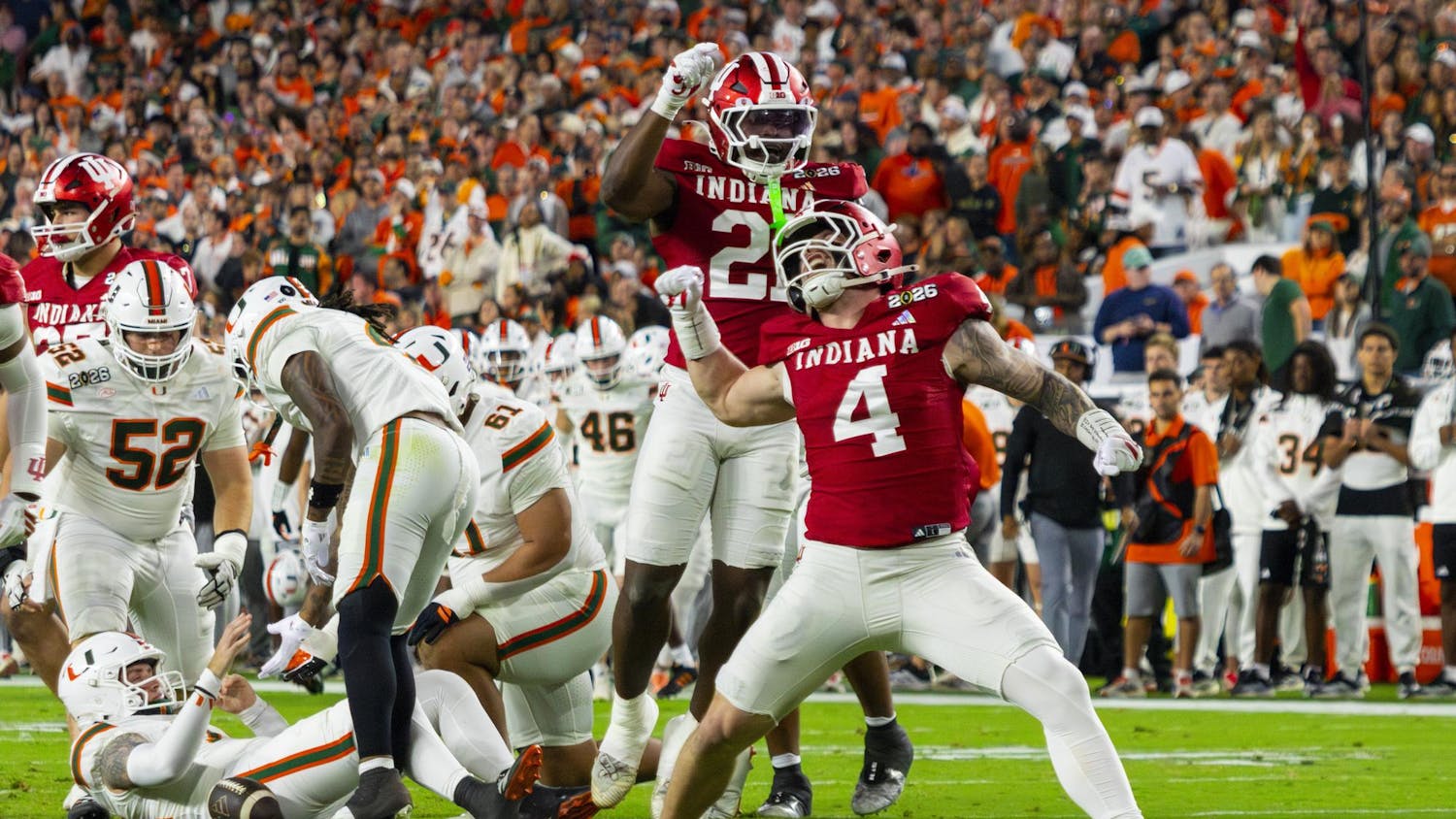The Slants, an Asian-American dance-rock band, recently released its new EP, “The Band Who Must Not Be Named.” The recording’s title, however, does not reference Harry Potter; rather, it makes an ironic gesture toward an ongoing controversy about trademark law.The United States Patent and Trademark Office denied the band’s application to trademark its name on the basis of a 70-year-old law prohibiting trademark recognition of “disparaging” names or symbols. The Slants, founded by Simon Tam, subsequently challenged the trademark office’s decision and claimed the law infringes on First Amendment rights. The case, Lee v. Tam, has since reached the Supreme Court, where the court’s decision could potentially set a precedent for other cases involving trademarks of slurs. In particular a ruling in favor of the Slants could potentially give legal backing to the Washington Redskins’ current suit for the reinstatement of its trademark. The Redskins’ trademark was rescinded in 2014 based on the same law that is now under scrutiny in the Slants’ case. Although two cases might seem equivalent under the letter of the law, the Editorial Board does not think they are identical in principle. Instead, the cases require additional context in interpreting the law because of the complexities of what constitutes an offensive name.As Tam has emphasized, the Slants’ name is an attempt to reclaim an ethnic slur as a symbol of Asian-American pride and identity. The Slants are not by any means the only group to reclaim an offensive epithet and recast it in a more positive context.A recent example is the “Crip the Vote” campaign. A group of disability rights activists started the movement to promote political participation within the disability community by re-appropriating the term “crip” as a sign of activism and empowerment. While it is uncertain what would happen if “Crip the Vote” tried to trademark its name, the law could hypothetically deny the trademark under this same standard. In more distant history the name “Yankee” was a derogatory term for Americans. It was first deployed first by the British in the colonial period and later by Confederate troops during the Civil War. However, today the term benignly identifies a baseball team and conveys a sense of American identity.Cases like these fundamentally question who gets to determine what is offensive. In part the trademark restriction only serves to reinforce slurs by not allowing them to fall out of use naturally or to acquire a less offensive meaning.Perhaps trademark law requires a more flexible standard, like the Miller test for determining obscenity, which requires a work to be “taken as a whole” and evaluated in the complete context of its creation. After all, the Slants’ name clearly does not intend to be offensive. For the Redskins, such intentions are less clear.Nevertheless, the Editorial Board believes the best option is simply to observe the First Amendment in trademark law. Just as free speech has the potential to be offensive, it also has the ability to oppose and critique offensive speech and even redefine its meaning.
Editorial: Asian band reclaims slurs at Supreme Court
Get stories like this in your inbox
Subscribe




